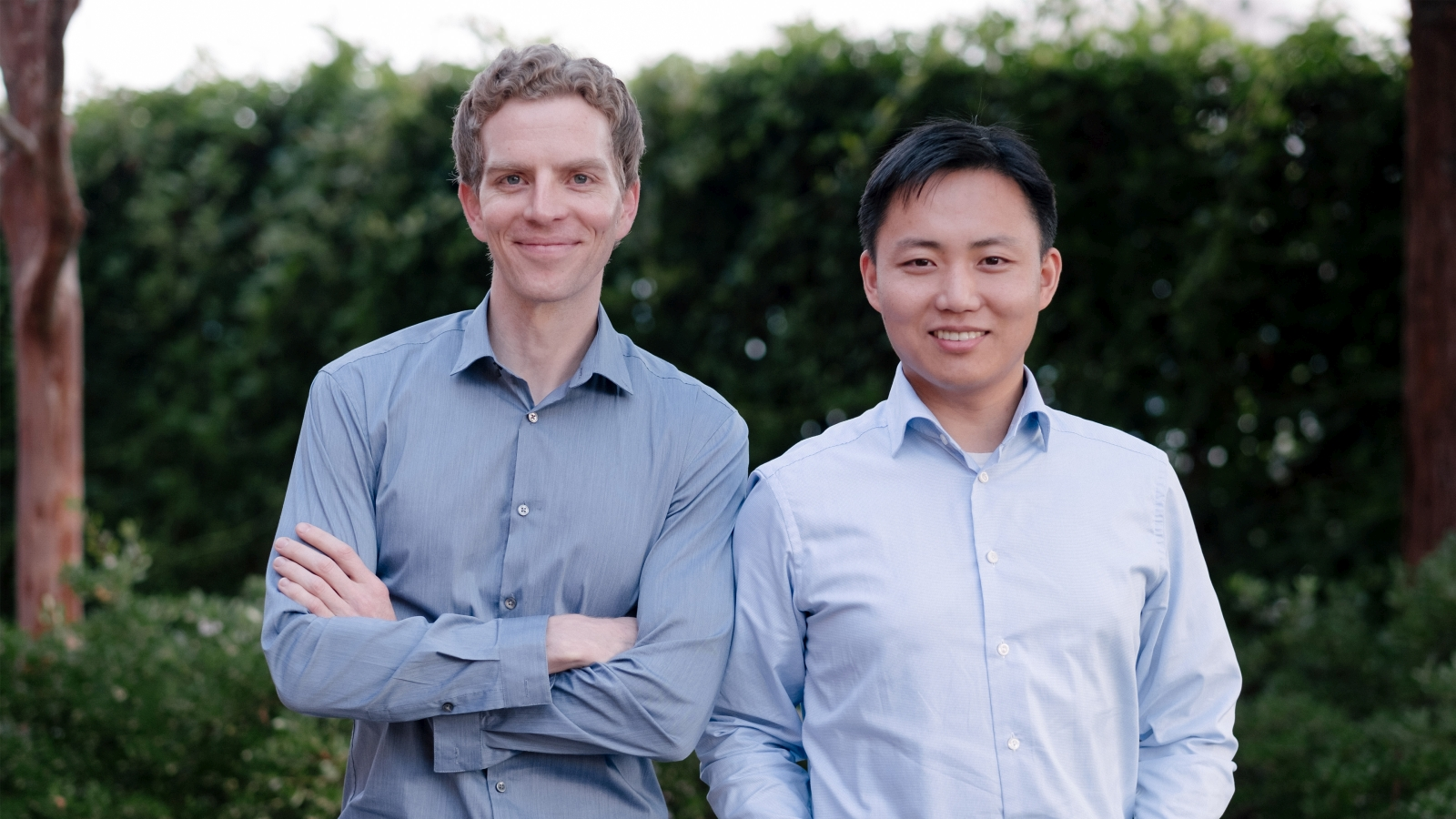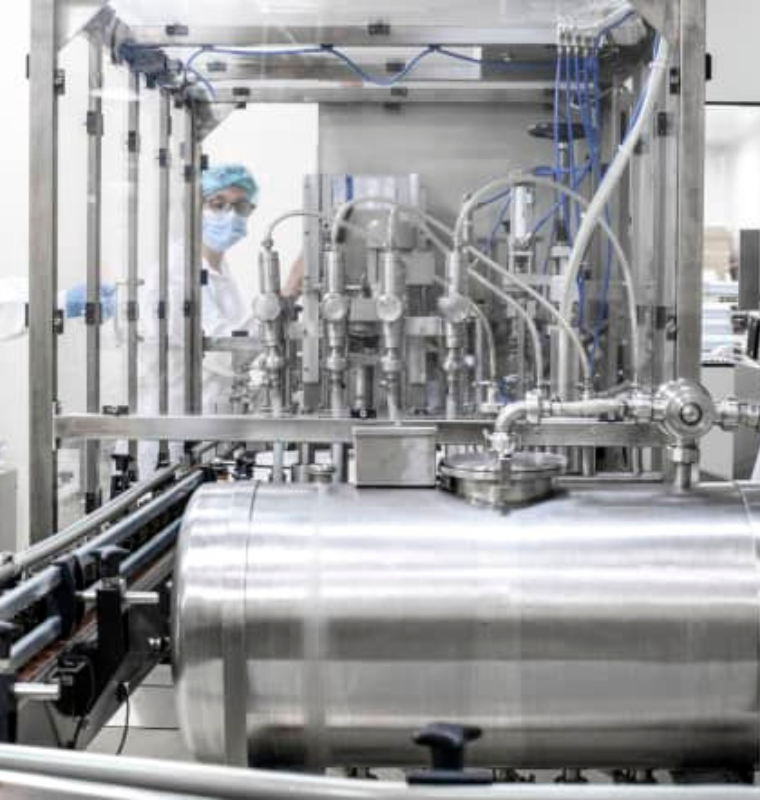Nuro: U.S. Autonomous Delivery Startup Transforming Last-Mile Logistics
Nuro: U.S. Autonomous Delivery Startup Transforming Last-Mile Logistics
By
Calder Monroe
Last updated:
September 15, 2025
First Published:
November 30, 2025

Photo: Digital Trends
The Origin of Nuro
Founded in 2016 by Jiajun Zhu and Dave Ferguson, former engineers at Google’s self-driving car project, Nuro focuses on creating autonomous delivery vehicles designed specifically for transporting goods rather than passengers. The company’s mission is to improve convenience, safety, and efficiency in last-mile delivery, addressing challenges in urban logistics and e-commerce.
How Nuro Works
Nuro’s vehicles are compact, fully autonomous, and designed solely for cargo, offering businesses a new approach to delivery:
- Autonomous Delivery Vehicles (R2 & R2X): Electric, self-driving vehicles that transport groceries, meals, and other goods.
- Partnerships with Retailers: Collaborates with companies like Domino’s, Kroger, and Walmart for autonomous deliveries.
- Contactless Delivery: Customers receive deliveries directly at their doorstep with no human interaction.
- Regulatory Compliance: Operates under strict U.S. autonomous vehicle regulations with local approvals in multiple states.
By focusing on goods-only vehicles, Nuro avoids safety risks associated with passenger transport and optimizes delivery efficiency.
Growth and Market Presence
Nuro has raised over $2 billion in funding from investors like SoftBank Vision Fund, Greylock Partners, and Gaorong Capital, giving it a valuation exceeding $8.6 billion. Its autonomous delivery program has expanded to multiple U.S. cities, including California, Texas, and Arizona.
The company is pioneering real-world applications for autonomous vehicles beyond ride-hailing, establishing itself as a leader in last-mile logistics innovation.
Technology and Innovation
Nuro combines computer vision, AI, LIDAR, and advanced robotics to ensure safe and reliable autonomous operations. The vehicles use real-time mapping, obstacle detection, and predictive algorithms to navigate urban streets efficiently.
The company continually tests and improves software to ensure high safety standards while scaling operations.
Challenges and Competition
Nuro faces competition from other autonomous delivery startups like Cruise, Waymo, and Amazon Scout, as well as traditional courier services. Key challenges include regulatory approvals, public safety concerns, and scalability of autonomous fleets.
Future Outlook
Nuro plans to expand its autonomous delivery network to more U.S. cities, partner with additional retailers, and explore international markets. With e-commerce and contactless delivery demand growing, Nuro is well-positioned to redefine urban logistics and last-mile delivery globally.
Nuro exemplifies how autonomous technology can revolutionize an industry. By providing safe, efficient, and contactless deliveries, it is not only improving convenience for consumers but also setting the stage for the future of urban logistics, making last-mile delivery faster, cheaper, and more sustainable.
Popular articles
Subscribe to unlock premium content
The Rise of Ultra-Limited Designer Furniture Auctions

The Power of Subtlety in Design

The Rothschild Legacy of Wealth and Influence

The Rise of Ultra-Limited Designer Furniture Auctions

The Power of Subtlety in Design

The Rise of Ultra-Limited Designer Furniture Auctions









